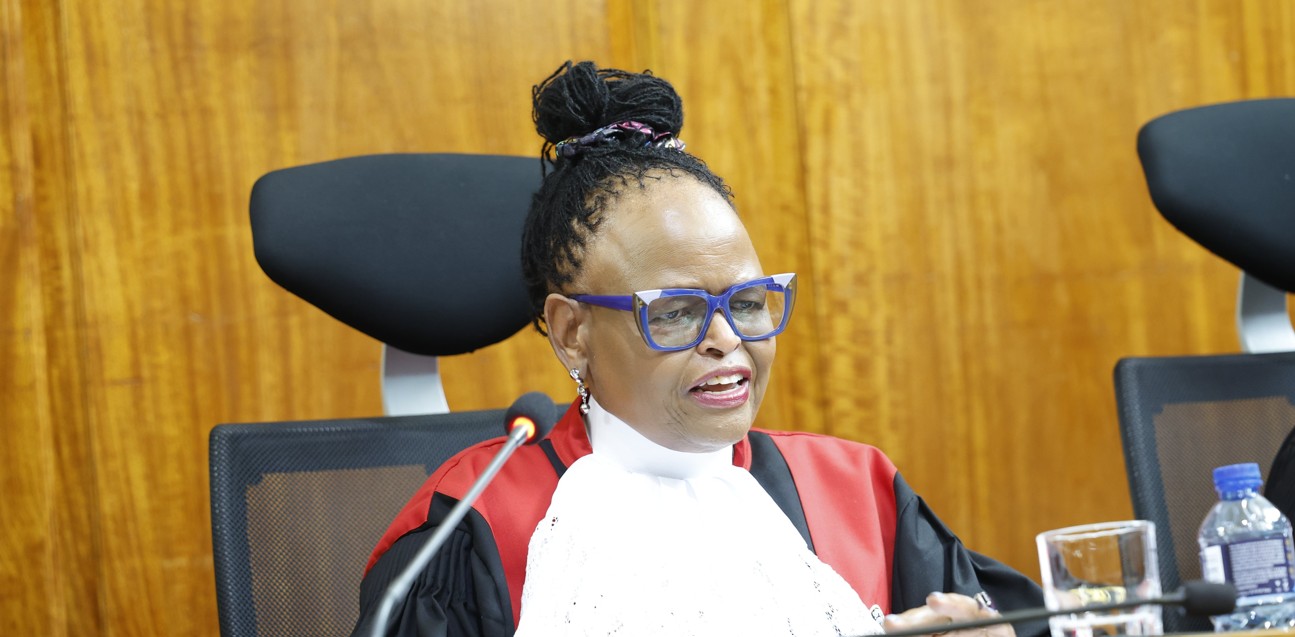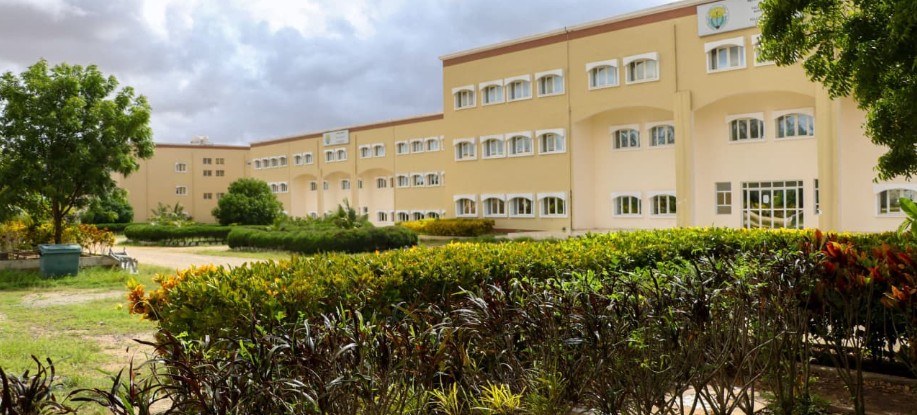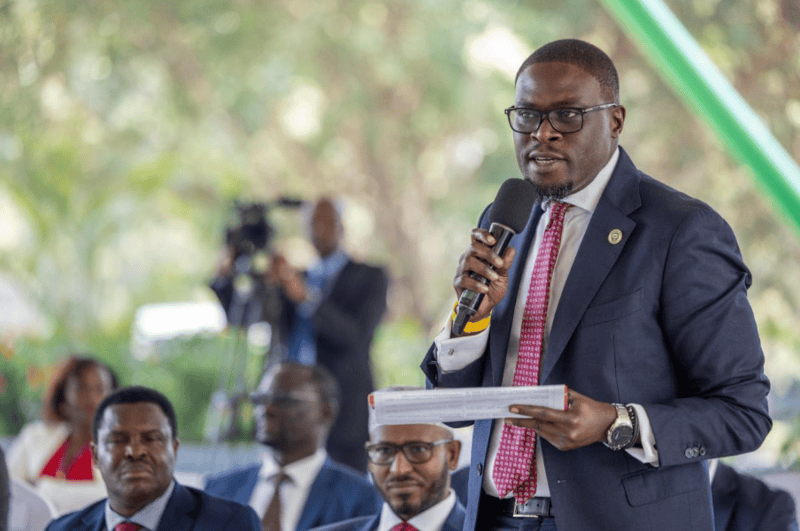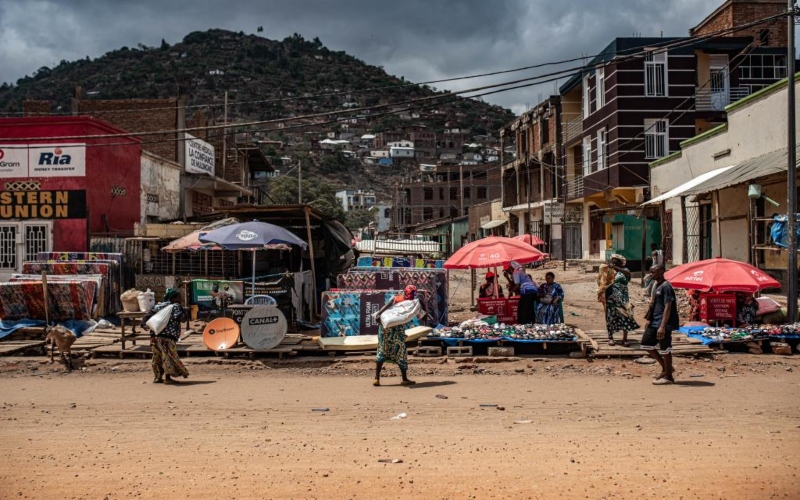Somalia's constitutional proposals expose children to early marriage, FGM - rights group

Ahead of a key decision on Saturday, Human Rights Watch (HRW) has urged Somalia's parliament to reject any amendments that would put children at risk.
Proposed amendments to Somalia's constitution could weaken restrictions on child marriage and female genital mutilation (FGM), Human Rights Watch (HRW) has said, urging parliament to reject any changes in a landmark decision expected on Saturday.
Both houses of parliament are expected to vote on the proposed amendments, which would reduce the age of maturity, thereby increasing these risks and lowering juvenile justice standards.
More To Read
- Somalia's ex-President Mohamed Farmaajo warns of political instability, urges dialogue to address political tensions
- Somalia President opens to talks with Al-Shabaab
- Isiolo FGM survivors on a mission to dissuade girls from undergoing the cut
- Somalia President Hassan Sheikh praises Eastleigh's transformation during visit
- Somalia president meets Turkey spy chief days after naval ship's arrival
- Somalia welcomes Al-Shabaab fighters surrendering under amnesty
When it comes to FGM, Somalia's provisional constitution is ambiguous.
It states that "female circumcision is a cruel and degrading customary practice and is tantamount to torture" and that "the circumcision of girls is prohibited" but does not define female circumcision, opening it up to interpretation as FGM.
HRW wants the constitutional review to ensure a complete ban on all forms of FGM is enshrined in the constitution to facilitate the government's development of a legislative and policy framework to eradicate all forms of the practice.
"Somalia's Parliament should resist efforts to weaken constitutional protections for children, especially girls," said Laetitia Bader, HRW's deputy director for Africa. "Somalia's donors should press the government to carry through on its claims that it is taking significant steps to meet its international human rights commitments."
Somalia's 2012 provisional constitution has been under review for nearly a decade, but efforts to finalise the review have picked up since late 2023.
In February, the Independent Constitutional Review and Implementation Commission sent parliament suggested amendments to the provisional constitution's first four chapters, which include articles on the age of majority and the criminalisation of FGM.
A child is defined as a person under the age of 18 in the provisional constitution but the proposed amendment defines a child as "a person under the age of 15 years of maturity" and states that "the age of responsibility is 18 years, as defined in the law of the Federal Republic of Somalia".
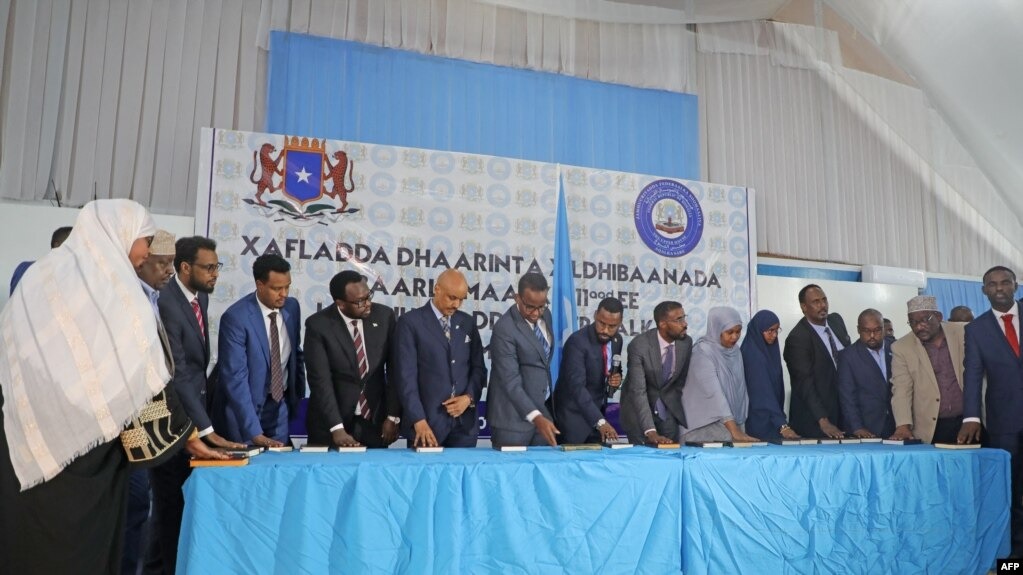 New Somali legislators take the oath of office during a swearing-in ceremony in Mogadishu on April 14, 2022.(Photo: File/AFP)
New Somali legislators take the oath of office during a swearing-in ceremony in Mogadishu on April 14, 2022.(Photo: File/AFP)
HRW argues that adopting this standard would contradict Somalia's obligations under the United Nations Convention on the Rights of the Child, which defines a child as anyone under 18.
The organisation does not want the age of maturity to be 15, as this would put girls at greater risk of child marriage, affecting their reproductive and other types of health, access to education, and protection from other forms of abuse.
The proposed amendments also include physical development as the determining factor in a person's maturity, contrary to international standards for this to be determined by emotional, mental and intellectual growth.
The proposed amendments distinguish the 15-year age of maturity from an 18-year age of responsibility, suggesting that everyone under 18 would remain protected by juvenile justice standards.
However, in practice, this new age of maturity risks reinforcing existing ambiguities in Somalia's law, which could heighten children's vulnerabilities, HRW said.
Children in Somalia have long been subject to arrest, detention, and custodial sentences as adults, including in capital cases.
Girls Not Brides, which advocates against child marriage globally, has reported that 17 per cent of girls in Somalia are married before by 15, and 36 per cent by 18.
During President Hassan Sheikh Mohamud's first term in office, HRW reported that authorities treated boys suspected of affiliation with Al-Shabaab terrorists as adults, in violation of international law.
Intelligence agencies threatened, beat, and, in some cases, tortured boys in custody, the rights body said, adding that military courts also tried children as adults.
The UN Children's Fund (UNICEF) has reported that Somalia has one of the highest rates of FGM in the world, with 99 per cent of girls and women ages 15 to 49 having undergone genital cutting.
Top Stories Today

